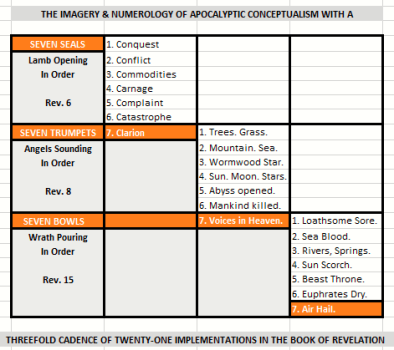RedFan
Well-Known Member
I will concede that with sufficient presumptions and mental machinations indulging the improbable, many facial inconsistencies in Scripture can be harmonized. My question is, why indulge them? The only reason I can see to do so is in order to shore up one’s initial presumption of inerrancy. But the presumption itself lacks any logical support. Whence cometh the axiom that every factual detail in the Bible, no matter how insignificant, must be literally true?The High Priest always retained the title of High Priest after he was too old or removed. Remember Annas and Caiaphas. Annas(old) was High Priest and so was Caiaphas. Ahimelech was High Priest(old) and so was Abiathar. Usually past down Father to son.
Ask an inerrantist whether Jesus sent his apostles out with sandals and staff (Mark 6:8-9) or without them (Matt. 10:10), and the answer will come back “The gospels must have been describing two different missions.” Ask where the “must have” comes from, and the answer ultimately comes back, in words or substance, that the consistency of Scripture is a given.
Even for the inerrantist, it is not crucial to know whether the disciples were sent out with or without sandals for a particular mission. They don’t care which instruction was given, any more than they care whether the law requires driving on the left or on the right side of the road. But they care deeply that only one instruction was given, for otherwise their world would be as chaotic as a world in which the law allowed driving on both sides of the road. If the texts of two gospels give two different answers to any question―even to the issue of apostolic footwear―they care deeply that one of them be explained away.
It’s a slippery slope thing with them. It’s a Luke 16:10 thing. Most of us would not be scandalized in the least by one of two gospel authors getting a theologically-irrelevant detail wrong. But the inerrantist demands literal historical truth on every detail, however minor, because for him, there aren’t two gospel authors. There is only one, and He cannot err.
I do not see the point in downplaying the human element like this. I expect theological truth from my Bible, not factual accuracy on minute historical details.




